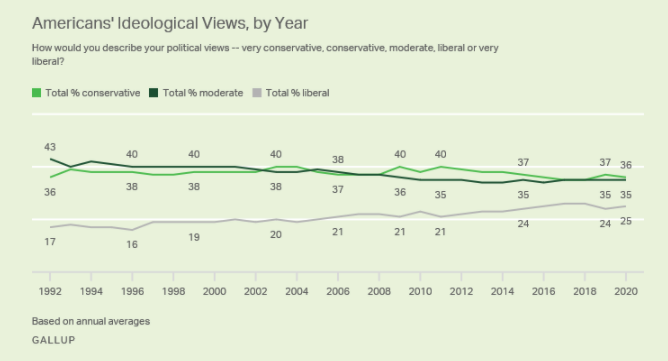
A year ago, two pieces of conventional wisdom about the effects of the pandemic emerged:
* The global economic system would fail
* Governments would ride to the rescue
The truth has turned out to be almost exactly opposite.
My latest @TheAtlantic.
🧵
theatlantic.com/ideas/archive/…
* The global economic system would fail
* Governments would ride to the rescue
The truth has turned out to be almost exactly opposite.
My latest @TheAtlantic.
🧵
theatlantic.com/ideas/archive/…
Economists claimed Covid would spell "the end of the world economy as we know it."
Just-in time production processes were supposed to break down.
Americans bought toilet paper, filled their bathtubs with water, or stocked up on ammunition.
But the huge disruptions never came.
Just-in time production processes were supposed to break down.
Americans bought toilet paper, filled their bathtubs with water, or stocked up on ammunition.
But the huge disruptions never came.
* Water and electricity never gave out because of the pandemic.
* Global production chains proved surprisingly resilient.
* Generous relief payments led to a *fall* in poverty.
* And scientists invented life-saving vaccines in record speed.
It's an astonishing achievement.
* Global production chains proved surprisingly resilient.
* Generous relief payments led to a *fall* in poverty.
* And scientists invented life-saving vaccines in record speed.
It's an astonishing achievement.
This is a huge triumph for welfare state capitalism.
Without a generous welfare state, this year would have caused untold hardship.
Without innovative companies, we wouldn't have had access to necessities, to entertainment, to human connection, or to a life-saving vaccine.
Without a generous welfare state, this year would have caused untold hardship.
Without innovative companies, we wouldn't have had access to necessities, to entertainment, to human connection, or to a life-saving vaccine.
But while welfare state capitalism triumphed, governments proved shockingly inept in nearly all other respects.
That failure was especially stark in America. But it is now clear that it included most democracies - including supposedly efficient ones like France and Germany.
That failure was especially stark in America. But it is now clear that it included most democracies - including supposedly efficient ones like France and Germany.
When the U.S. decided to lock down, the goal was to test people, trace their contacts, and isolate anyone who was exposed.
But we quickly gave up on a systematic response. Public health systems proved incapable of implementing the pandemic playbooks they updated year after year.
But we quickly gave up on a systematic response. Public health systems proved incapable of implementing the pandemic playbooks they updated year after year.
Part of the blame undoubtedly lies with Donald Trump.
But the problem goes much wider than him. European countries also failed to put test-and-trace into place. They too made erratic decisions about when to lock down. And they are now far behind in the race to vaccinate people.
But the problem goes much wider than him. European countries also failed to put test-and-trace into place. They too made erratic decisions about when to lock down. And they are now far behind in the race to vaccinate people.
The list of political failures is astonishing:
* The WHO downplayed the Covid's severity
* The CDC designed a faulty test
* Public health officials claimed masks didn't work
* The EU screwed up on ordering vaccines to save a few euros a shot
(I could go on. And on. And on.)
* The WHO downplayed the Covid's severity
* The CDC designed a faulty test
* Public health officials claimed masks didn't work
* The EU screwed up on ordering vaccines to save a few euros a shot
(I could go on. And on. And on.)
Our economic system proved remarkably resilient.
But most democratic governments fared far worse than most people could have imagined a year ago.
To confront the enormous challenges that will face us in the coming decades we have to get serious about understanding why.
[End.]
But most democratic governments fared far worse than most people could have imagined a year ago.
To confront the enormous challenges that will face us in the coming decades we have to get serious about understanding why.
[End.]
• • •
Missing some Tweet in this thread? You can try to
force a refresh





